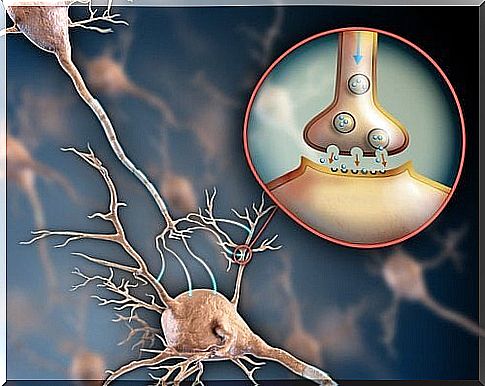Symptoms And Treatment Of Fibromyalgia
In addition to suffering from constant muscle pain, people with fibromyalgia experience frequent mood swings, and difficulty concentrating, because this disease affects the central nervous system.

It is very common to experience muscle aches and fatigue, especially when we are having very demanding days mentally and physically. However, when these symptoms appear regularly, and they start to affect your quality of life, it is more than likely that you have fibromyalgia.
Fibromyalgia is a syndrome that has no known cause to date, and the main symptom of which is the presence of severe pain in the muscle, tendon, joint and visceral areas.
These areas of the body are “hypersensitive” points, and they are very quickly painful when subjected to the slightest pressure.
Even though people who have this condition may have symptoms similar to those who experience joint problems, it is not inflammation, so it does not represent a form of arthritis.
Fibromyalgia is actually a kind of soft tissue rheumatism.
What are the causes of fibromyalgia?
Currently, it is still not known what causes this health problem.
There are various theories which suggest that it is caused by the presence of abnormalities in the functioning of the central nervous system.
These neurological disorders lead to an increase in pain signals, which leads to hyperalgesia (a very strong and generalized pain).

Other possible causes of fibromyalgia include:
- Physical and psychological stress
- Viral diseases
- Arthritis
- Lupus
- A bad move
- Significant psychological trauma
What are the main symptoms of fibromyalgia?
Fibromyalgia is a disorder that predominantly affects women.
When it affects men, it usually presents in a more severe form.
The pain

The main symptoms of this condition are musculoskeletal pain.
Usually, they appear gradually in some parts of the body, such as:
- The neck,
- Shoulders,
- The back,
- Hips.
The intensity of these pains can vary according to the situation and the activity of the person who feels them, but also according to the climate or the patterns of sleep to which they are subjected.
People who suffer from it describe pain as:
- A burning sensation,
- A feeling of biting,
- Rigidities,
- Great sensitivity,
- Itches.
Tiredness

90% of people affected by this condition experience severe or severe phases of fatigue, poor resistance to physical exertion and intense exhaustion, symptoms that can cause the flu or sleep disturbances.
Usually, these symptoms are the same as those caused by conditions like chronic fatigue syndrome.
It is also very common for people affected by fibromyalgia to suffer from sleep disorders such as difficulty sleeping, very light sleep, or sleep interruptions during the night.
The patients are therefore often in a state of great fatigue, because of this deprivation of rest.
Symptoms related to the nervous system

Fibromyalgia is a disease that affects the nervous system. People who suffer from it therefore have mood swings and appear moody.
25% of fibromyalgia patients also experience clinical depression, continued sadness, and a feeling of weakness.
There could be a very strong relationship between this pathology and chronic depression, as well as anxiety.
However, both of these conditions need to be looked at very closely, as they can be caused by other factors.
Some people with fibromyalgia also admit to having difficulty concentrating or performing simple daily tasks.
It is therefore very important to pay attention to these everyday symptoms, in order to treat this pathology as soon as possible.
Other symptoms associated with fibromyalgia
- Headaches and migraines,
- Abdominal pain and distension,
- Diarrhea or constipation
- Spasms or irritability of the bladder.
Can fibromyalgia be controlled?

Faced with this pathology, the first thing to do is to consult a doctor to receive an appropriate diagnosis.
Certain medications can be helpful in treating fibromyalgia, including reducing pain.
However, it is also important to adopt a whole series of good habits, to fight against this phenomenon.
- Do light exercise, for at least half an hour a day.
If possible, get help from a coach, as the slightest false move could make the problem worse. - Stretch to relieve stiff, sore muscles.
- Follow relaxation and stress control techniques.
- Eat a healthy diet low in fat and sugar.
- Try to maintain a stable weight, as obesity can make this disorder worse and make it more common.
- Look for alternative methods like natural remedies and complementary therapies.









